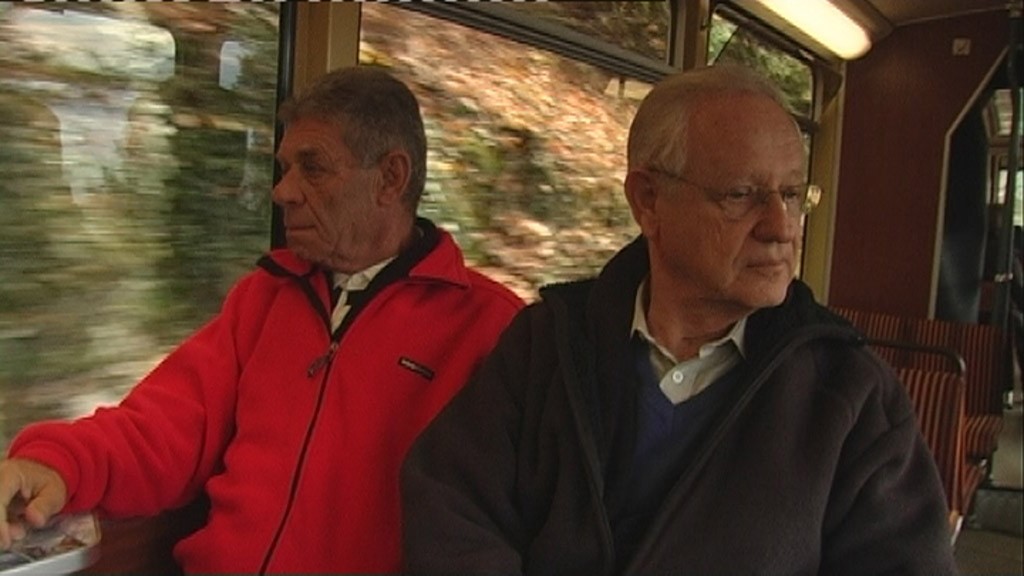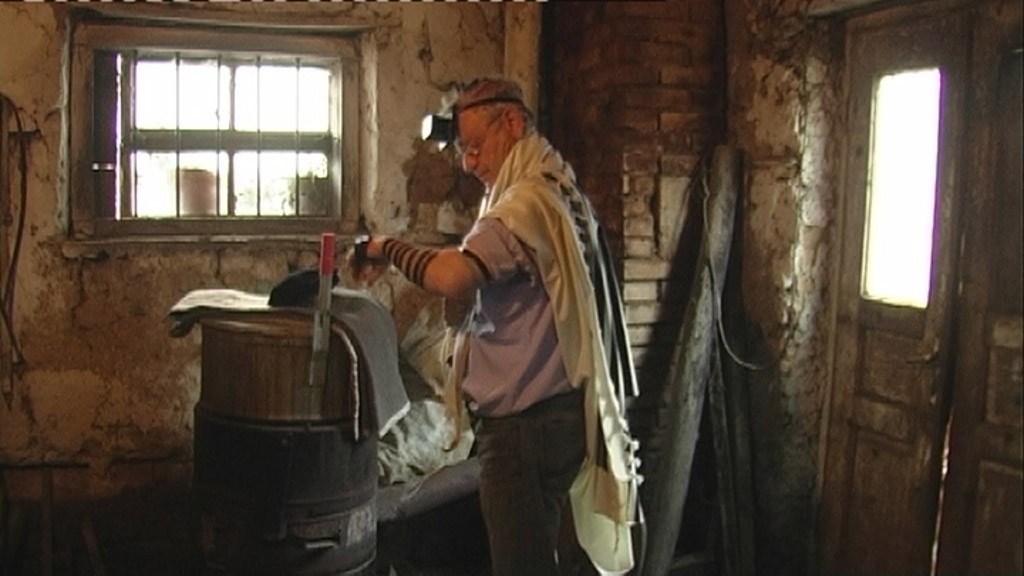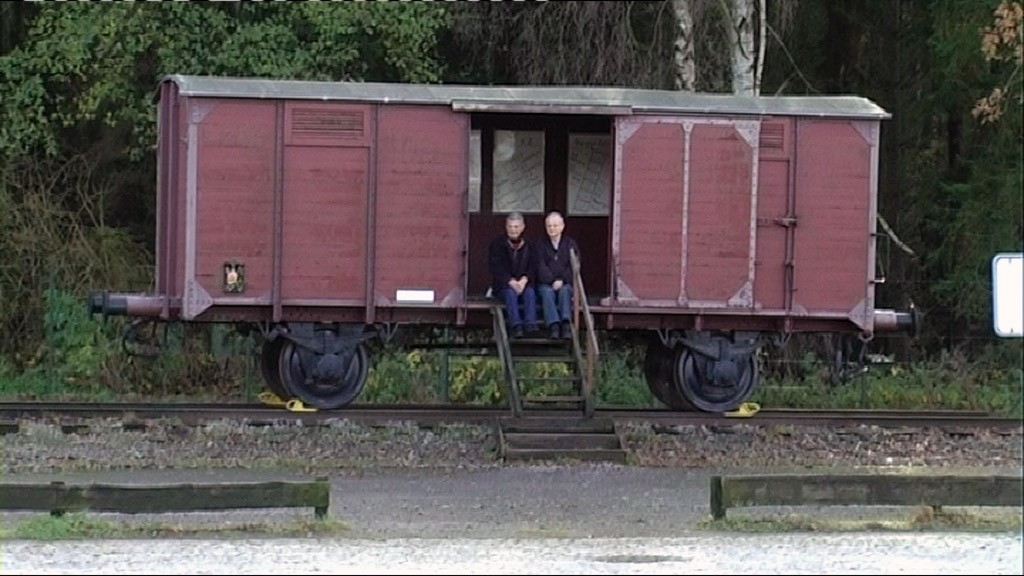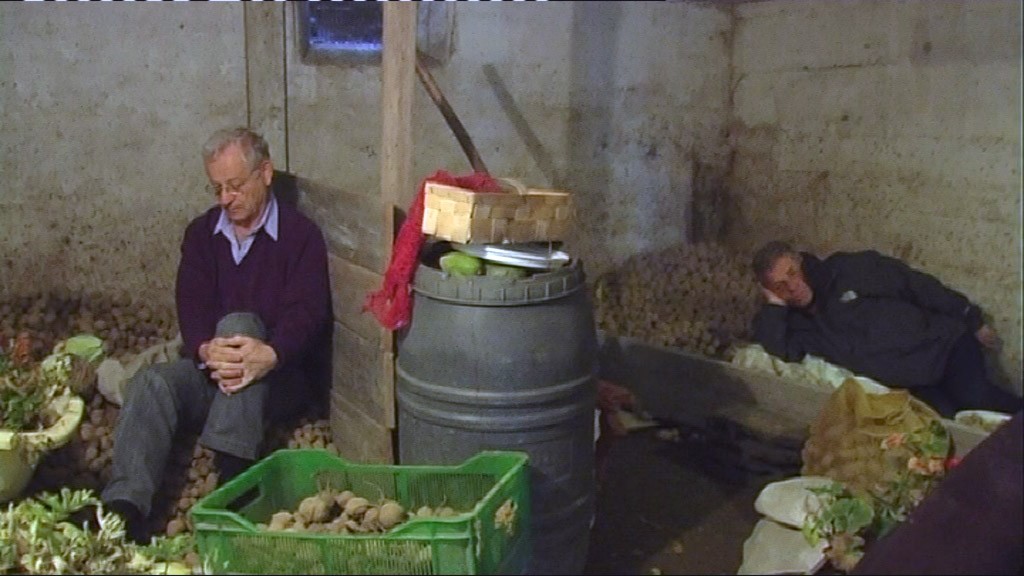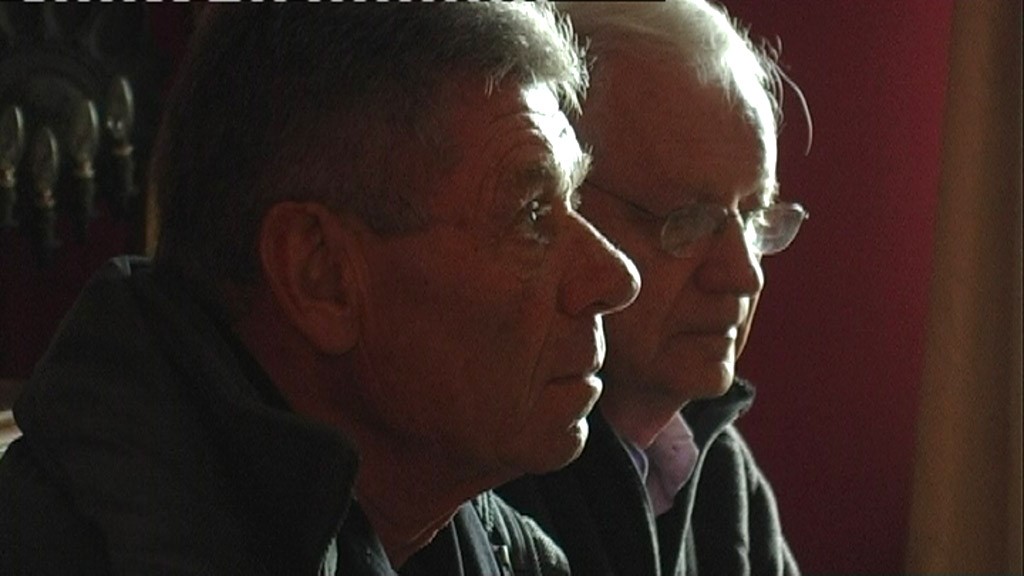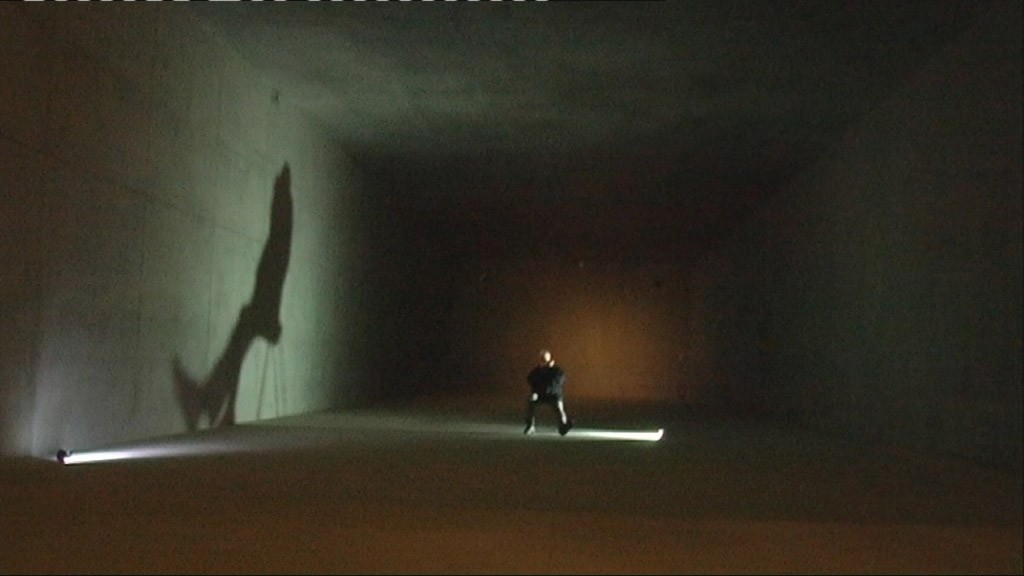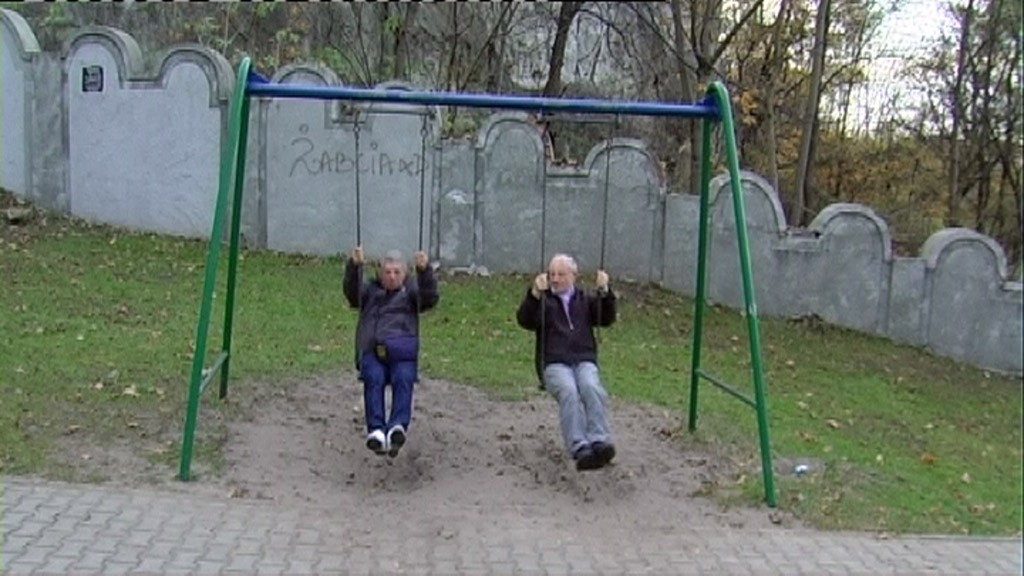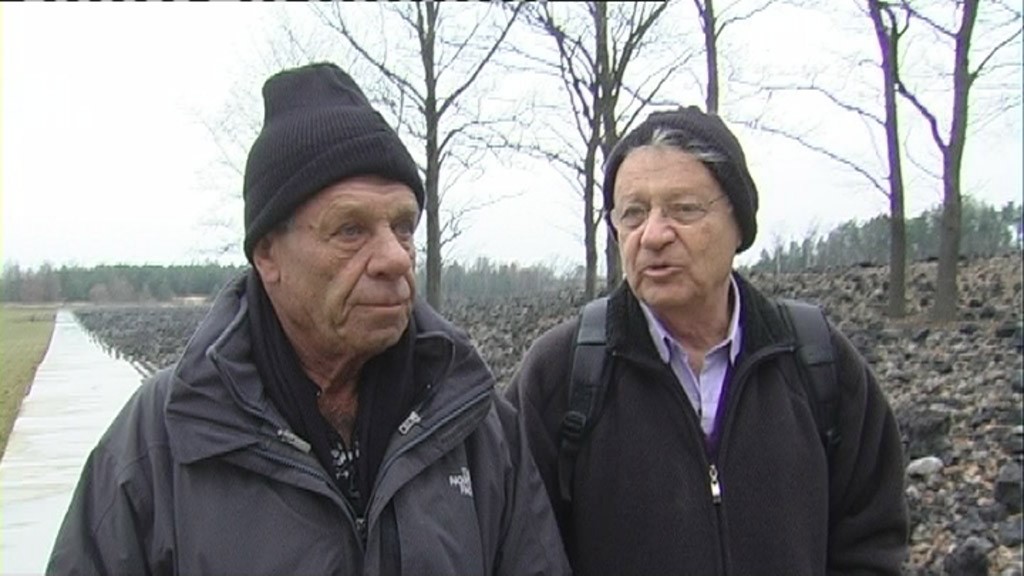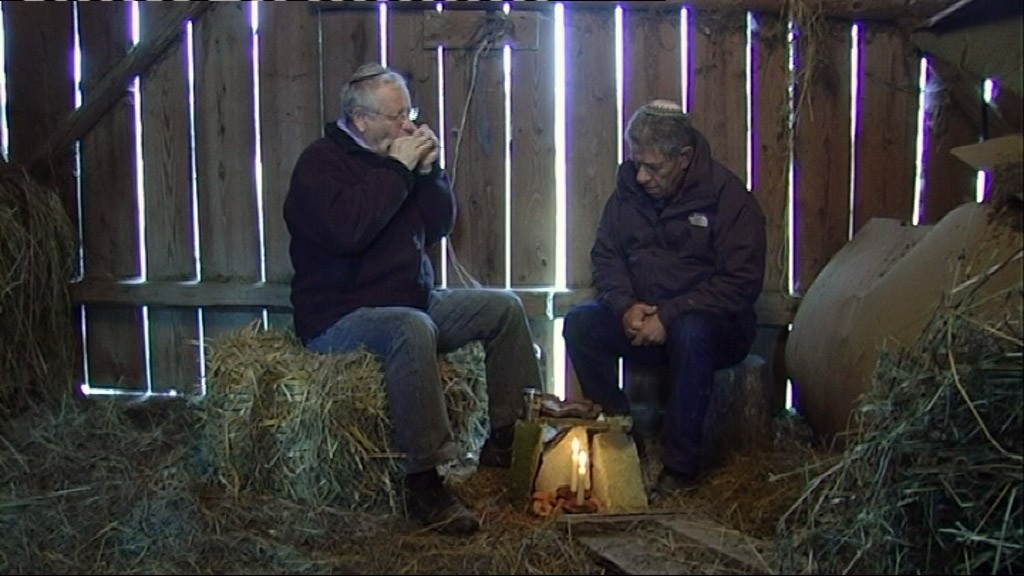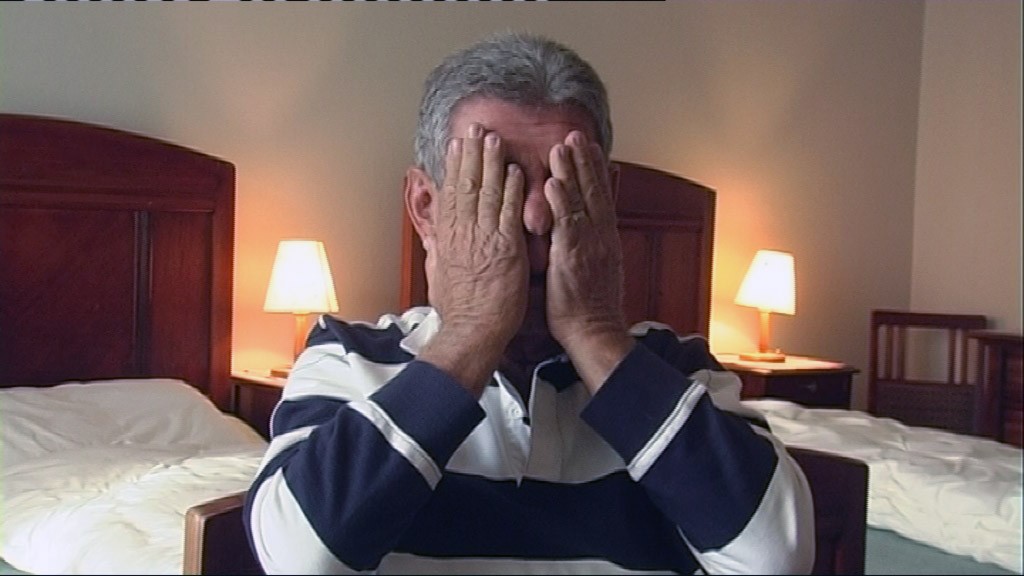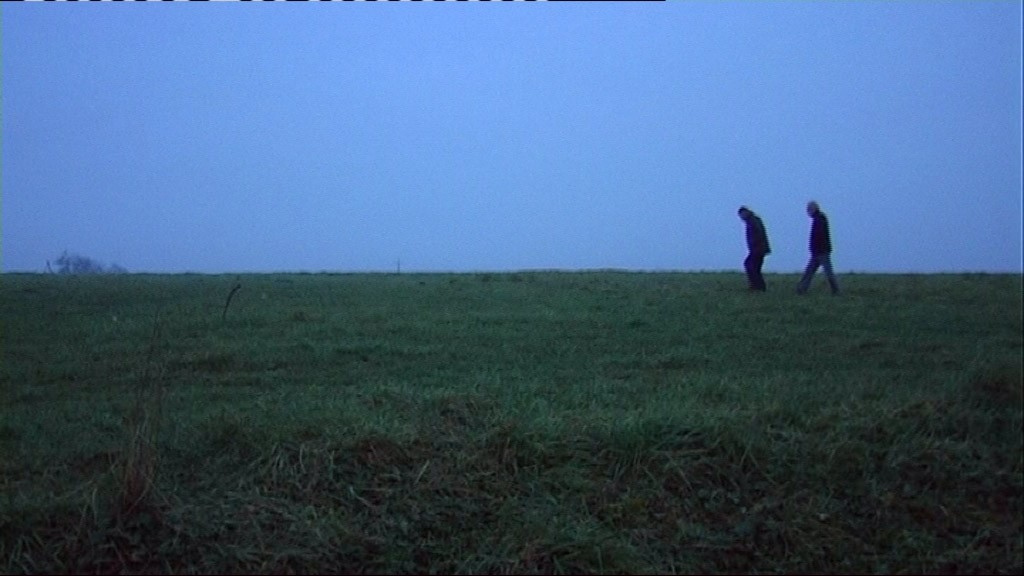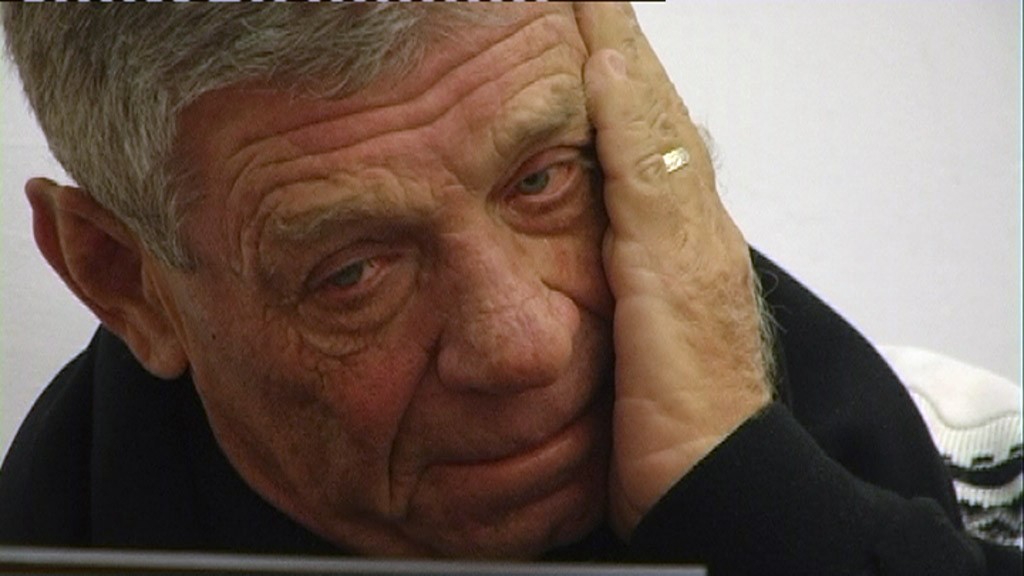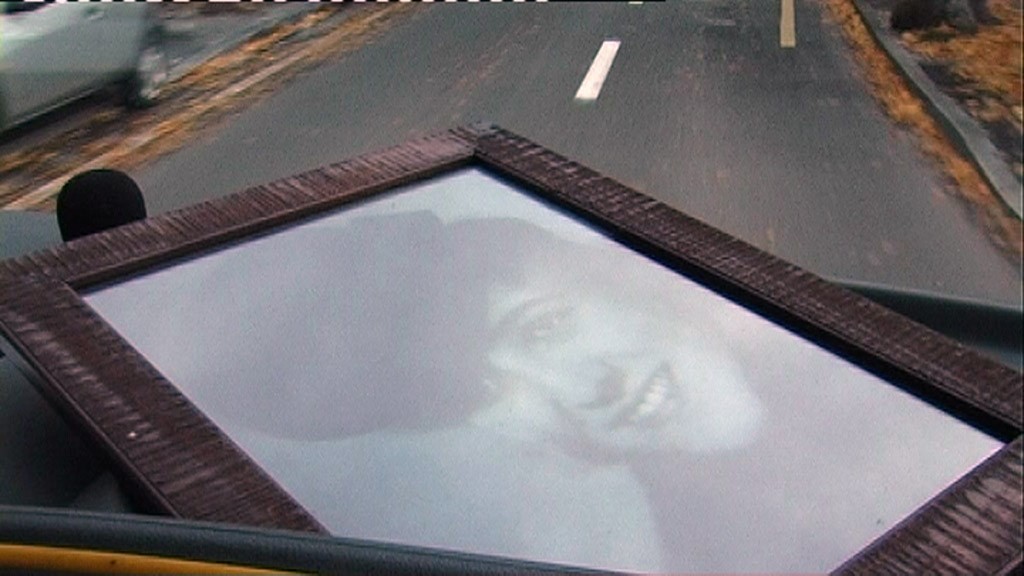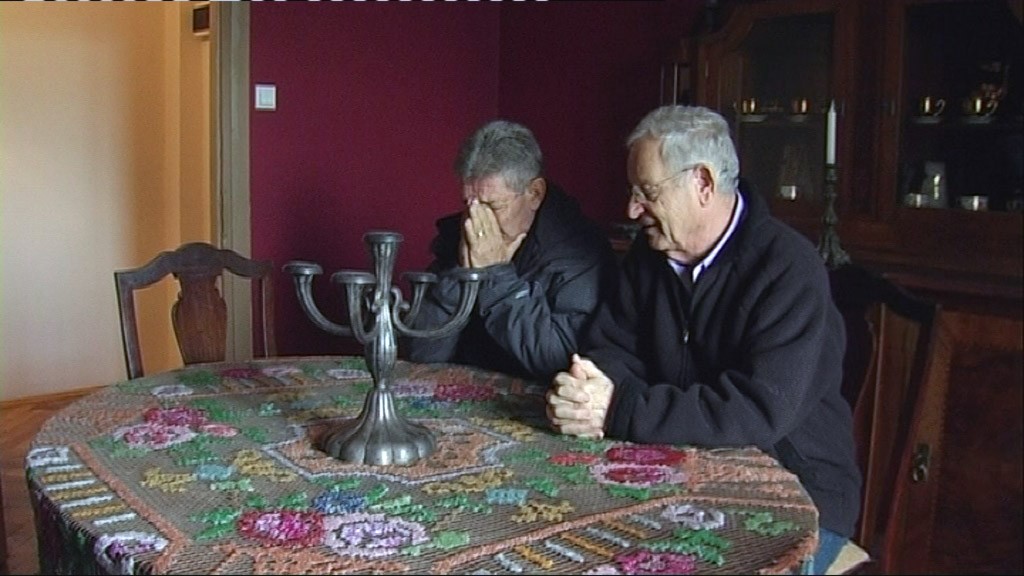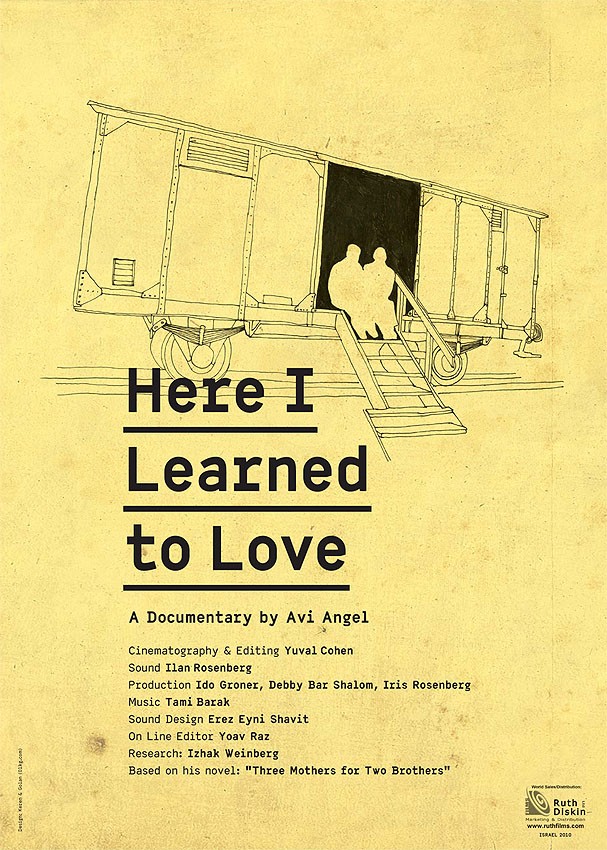Two brothers, three mothers, a saga during the Second World War, shrouded in fog for almost six decades, the unique emotional narrative of a voyage tracing the roots of a shadowy past, unclear and confusing even to those involved.
Brothers Avner and Itzik live in Israel. As toddlers, their lives were saved first by their aunt, later by another young woman. Their past included three women who would become their mothers. But all this remained hidden -- even from close family and friends.
Now, at the age of 70, Avner decides to take his brother Itzik on a journey in search of their true identity, in an attempt to piece together this incredible story of their survival and most important to deeply connect with the pain and loss of their three mothers.
Synopsis
Two brothers, three mothers, a saga during the Second World War, shrouded in fog for almost six decades, the unique emotional narrative of a voyage tracing the roots of a shadowy past, unclear and confusing even to those involved.
Brothers Avner and Itzik live in Israel. As toddlers, their lives were saved first by their aunt, later by another young woman. Their past included three women who would become their mothers. But all this remained hidden -- even from close family and friends.
Now, at the age of 70, Avner decides to take his brother Itzik on a journey in search of their true identity, in an attempt to piece...
Awards
- Special Jury Mention – WorldFest Houston, USA, 2012
Festivals
- Center for Jewish Life, New York, US, 2017
- South Baldwin Jewish Center, NY, 2013
- Young Israel of Great Neck, USA, 2013
- The Jacob Burns Film Center, USA
Press & Links:
Avi Angel's interview with Shelli Sonstein:
Sonstein Sunday's Homepage to listen or to download:
This outstanding film draws the viewer into their mutual search for identity and personal history, unfolding in a present haunted by a terrifying past. Carefully and gently guided by the filmmaker the narrative that evolves as the brothers revisit each stage of their 4 year journey is deeply unnerving.
For the entire review by Richard McBee/The Jewish Press, check: http://www.jewishpress.com/sections/arts/here-i-learned-love/2013/03/15/?src=ataglance
A moving addition to the ever-growing canon of personalized Holocaust-themed documentaries, Here I Learned to Love follows two elderly brothers as they relive their harrowing experiences as toddlers during World War II. Currently playing an exclusive theatrical engagement at NYC’s Quad Cinema, it should enjoy a long ancillary life.
For the entire review by Frank Scheck/THE HOLLYWOOD REPORTER, check: http://www.hollywoodreporter.com/review/i-learned-love-film-review-426098#
“Here I Learned to Love,” a Holocaust documentary directed by Avi Angel, is a memory tour. Itzik Weinberg and Avner Kerem, brothers now in their 70s living in Israel, retrace the astounding odyssey through World War II that left them rootless as toddlers, and recall the “three mothers” who kept them alive.
For the entire review by Daniel M. Gold/The New York Times, check:
Affecting, imaginatively shot docu "Here I Learned to Love" accompanies two septuagenarian brothers, Avner Kerem and Izhak Weinberg, on a pilgrimage to retrace their childhood experiences during the Holocaust. Unlike similar memory-tracking endeavors, the film feels completely spontaneous and non-accusatory, the brothers.
Ronnie Scheib / Variety
http://www.variety.com/SolrSearch.aspx?search=here i learned to love
Family In The Face Of Darkness
Avi Angel’s ‘Here I Learned to Love.’ By George Robinson/The Jewish Week - http://www.thejewishweek.com/special-sections/arts-preview/very-close-jewish-family
Putting a small number of people together in a situation in which they become dependent on each other is a quick way to jumpstart a drama. It becomes higher drama if they are family or in a family-like relationship. There have been many films about the Shoah that play on this simple formula, but in the right hands, with the right protagonists, it does not grow stale.
Avi Angel’s brief documentary, “Here I Learned to Love,” focuses on two brothers who survived the Shoah, revisiting the Poland of their tension-fraught childhood. Given how many similar documentaries we’ve seen in recent years, one would expect that “Here I Learned” wouldn’t have much new to tell us, but this film, just under an hour long, has virtues that belie its brevity. Indeed, brevity is one of those virtues.
Avner and Itzik Weinberg were 3 and 2 years old, respectively, when the Jews of their native Krakow were rounded up and forced into a ghetto by the Nazis. The brothers survived through a series of lucky accidents and the life-affirming actions of a series of incredibly courageous women, eventually making it to Israel where they live now. The older brother, Avner, is the proverbial strong, silent type, a man with a face like a rock sculpted by pain. He has never discussed his experiences with anyone. Itzik is a round-faced man with a face like a newborn baby, steel-rimmed glasses and a ready, if ironic, smile. He wrote a novel about their childhood that was the starting point for Angel’s film.
In its first two shots, Angel sets up a series of dichotomies, but they are not what they seem. We see the desert outside Eilat, a lone figure in extreme long shot walking on a desolate, sun-baked road, then a cut takes us straight into a closer shot of a man immersed in blue water, swimming. The swimmer is Avner, and from their introductions you might expect him to be the more placid and open of the pair, until you see the close-up of his face in the next shot, a mask of what seems to be sullen, almost shell-shocked, self-protective silence.
But it is Avner who guides us on the trip through the brothers’ past, who cries openly, who expresses, in the most open and child-like ways, his love of the women who cared for the two little boys. When he visits a hotel room that once had been part of a children’s home where he and Itzik spent time after the war learning to respond to the world like real children once more, Avner plunges his face into a pillow with a mixture of grief and release that is profoundly moving. If “Three Mothers for Two Brothers,” Itzik’s novel, is his version of their story, “Here I Learned” is truly Avner’s.
Angel and cinematographer-editor Yuval Cohen have learned well the lessons of Claude Lanzmann’s monumental “Shoah,” reconstructing a vanished world through the words of the living rather than the images of the dead past. The film is beautifully shot and cunningly edited, and the result has an impact far beyond its spare 54-minute running time.
“Here I Learned to Love” runs opens on March 1 at the Quad Cinema (34 W. 13th St.). For information, call (212) 255-8800 or go to www.quadcinema.com.
Here I Learned to Love suffers from a certain exclusivity, occasionally playing more like a private record than a public offering. Even so, the dynamic between the brothers—each of whom dealt with the experience in different ways—develops its own sorrowful momentum, and their remembrances of the years that bound and divided them cannot fail to move.
For the entire review by Michelle Orange/ The Village Voice, check: http://www.villagevoice.com/2012-10-31/film/here-i-learned-to-love-film-review/full/
Of all the specifics we learn, probably the most moving and awful is that of the aunt who took the children from their birth mother. Already herself pregnant, how she saves the brothers and then is herself made childless, is as horrible as it is memorable.
For the entire review by James Van Maanen/Trust Movies, check: http://trustmovies.blogspot.com/search?q=here+i+learned+to+love
This heartbreaking story of two Polish toddlers sent to the Cracow Ghetto with their family after the Nazis invaded Poland is one of such pathos and angst at the injustice of the Eichmann Final Solution, that the audience was stunned into silence by the end of the film.
For the entire article by Sara Groundland/Ezra Magazine, check: http://www.esra-magazine.com/blog/post/learned-to-loveThe Incredible Story of the Heroes of “Here I Learned To Love” If there was one thing this film brought home to me, it is the importance of documentation. It is important that the history, these stories, not remain solely in the minds of these people.
Gili Izikovitz, Ha’aretz, Galerya Magazine, April 18, 2012
www.haaretz.co.il/gallery/cinema/1.1688088“Here I Learned To Love“: Pain Without Manipulation With infinite compassion and sensitivity, Avi Angel took two elderly, some might even say old, men on a harrowing and emotionally inconceivable journey. The very fact that the brothers are able to lead the story and bring order into their lives is one of the great achievements of this excellent film. It is therapeutic but it is also artistic…
Avi Angel, the producer and director, deserves a great big Thank You for his determination, sensitivity and humility; all these have combined to bring to the screen something so much more than another film about the Holocaust.
Ariana Melamed,YNET, publ. April 19, 2012
www.ynet.co.il/articles/0,7340,L-4218126,00.htmlFestivals
- Center for Jewish Life, New York, US, 2017
- South Baldwin Jewish Center, NY, 2013
- Young Israel of Great Neck, USA, 2013
- The Jacob Burns Film Center, USA
- Bielsko-Biala Jewish Community Center, Poland, 2012
- Warsaw Jewish Community Center, Poland, 2012
- Syracuse International Film Festival, USA, 2012
- Religion Today International Film Festival, Italy, 2012
- Krakow Jewish Community Center, Poland, 2012
- Shanghai International TV Festival, China, 2012 – Official Competition
- Sole e Luna International Doc Film Festival, Palermo, 2012 – Official Competition
- WorldFest Houton, USA, 2012
- Zagreb Jewish Film Festival, Croatia, 2012
- Jerusalem Jewish Film Festival, Israel, 2011
Educational
- Denver University
- Boston College
- Stanford University
- University of Calgary
- Library of Congress
- Northeastern University
- Rowan University
- University of Pennsylvania
- Nazi Victim Service Library, NY
- Arizona State University
- Rowan University Library
- Duke university
- University of Denver
- Yad VaShem Visual Center
- Museum Memorial de la Shoah, Paris
- Harvard University
- University of Pennsylvania
- Yale University
- US Holocaust Memorial Museum, Washington D.C.
Awards
- Special Jury Mention – WorldFest Houston, USA, 2012
